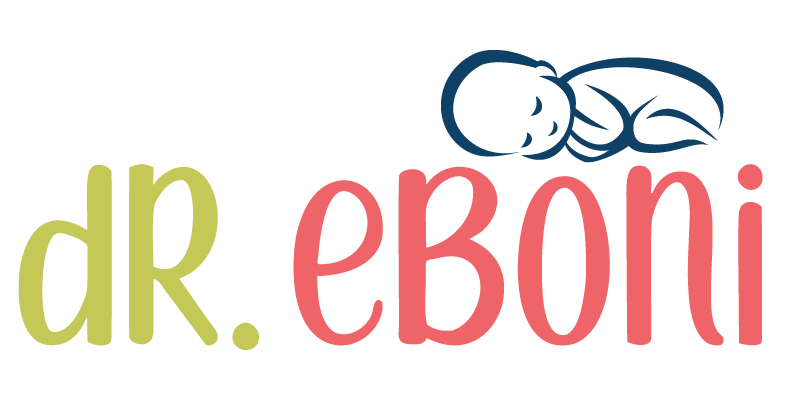‘Tis the Season! Simple Toys are Best to Promote Early Child Development

Hi #ParentPlatoon! It’s me, Dr. Eboni. During this time of year, many people are thinking of what gifts to get the children they love. Toys can help facilitate play. As Mr. Rogers said, and I agree, “Play is really the work of childhood.” When choosing toys, simpler is better. There have been decades of research showing that there is value in play. More recently, there has been a significant increase in the amount of screen time that children are exposed to. Regarding toys, there has been a shift in the types of toys that children play with. My mantra to parents of young children is to primarily have children play with toys that don’t require batteries. Non-electronic toys such as dolls, puzzles, blocks, board games, and musical instruments. Electronic toys only require the child to push a button or some similar action to make the toy “go”. Non-electronic toys, on the other hand,require ongoing “work” to make the toy “go”. As such, these types of toys encourage problem-solving, require engagement and active participation, and are more likely to lead to interaction with others.
Recently, there has been increasing awareness of the importance of early child development and how early childhood experiences help shape a child’s overall development as well as their later learning and academic achievement. Toys used to promote play don’t need to be fancy or expensive. I often recommend that parents keep it simple when selecting toys for their little ones. I like to refer to these toys as “old school”. When selecting toys, it’s important to make sure that they are appropriate for your child’s age and developmental level. It’s great to find toys that can grow with the child. For example, early on, young children may primarily chew on large blocks, then as a young toddler, they may stack them, and as an older toddler, may use the same blocks to engage in pretend play.
Check out 5 of my favorite simple toys for young children. These toys are all under $15!

- I love these Soft Block Toys! The surfaces of these blocks provide many different textures to touch, some rattle when shaken, and one has a peek-a-boo mirror, all of which are great for sensory learning. They are vibrantly colored and machine washable.
- Stackable blocks are always a staple. They allow for development of fine motor and visual-motor skills. They are easily washed. These colorful rings can be stacked which helps with hand-eye coordination and your little one will begin to understand the concept of size.
- My little one really enjoys this block set. He enjoys dumping them out more than he enjoys putting them in at this point! Placing the blocks in the bucket helps promote both hand-eye coordination as well as problem-solving skills.
- Stackable cups are great for play. They are simple and fun. Young children, including my own, enjoy wearing them as a hat, fitting them together, stacking them, as well as hiding them under other objects. When your child is older, you can use these to help learn colors, counting and number recognition!
- Large building blocks are so much fun! They allow your child to strengthen his or her fine motor skills and engage in more free play. These will help promote learning and imagination.
*Disclosure: The links above are affiliate links, meaning, at no additional cost to you, I will earn a commission if you click through and make a purchase.*
Children learn through interacting with others. Simple toys can help encourage play and facilitate interactions with caregivers, peers, and solitary play. Many objects that young children may enjoy interacting with include items such as pots, pans, and wooden spoons. Traditional toys are increasing being replaced by electronic toys and other mobile devices. Please remember that children learn through interacting and through nurturing and stimulating experiences. Parents, I encourage you (us) to slow down and play! And most importantly, have fun!
Thank you for reading this blog post #ParentPlatoon. If you would like help formulating a plan to support your child’s development or if you would like to speak with me 1-on-1 regarding your child’s behavior or development, schedule a free appointment here drebonistrategysession.com.
Until next time, take good care! ~Dr. Eboni
